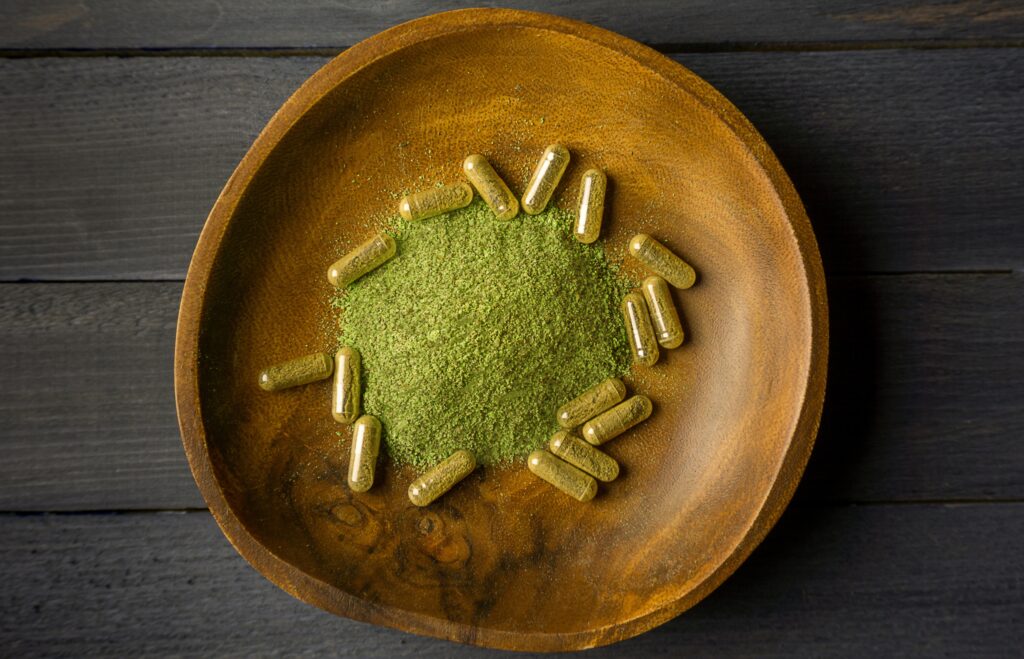Kratom, derived from the leaves of the Mitragyna speciosa tree native to Southeast Asia, has gained popularity in recent years for its purported health benefits. Many people use it for pain relief, energy enhancement, or to manage symptoms of anxiety and depression. However, despite its reputation as a “natural” remedy, kratom carries significant risks that can lead to dependency, adverse health effects, and addiction.
Understanding the Risks of Kratom
Kratom contains active compounds called mitragynine and 7-hydroxymitragynine, which interact with opioid receptors in the brain. While this interaction provides pain relief and mood enhancement, it also mimics the effects of opioids like morphine or hydrocodone. This similarity puts users at risk of developing a dependency or addiction over time.
1. Risk of Dependency and Addiction
One of the most concerning dangers of kratom is its addictive potential. Regular use can lead to tolerance, requiring higher doses to achieve the same effects. Over time, this can spiral into physical and psychological dependency. Individuals struggling with kratom addiction may experience withdrawal symptoms similar to those of opioids, including:
- Muscle aches
- Insomnia
- Irritability
- Anxiety
- Nausea
2. Adverse Health Effects
Although kratom is often marketed as a safe alternative to prescription medications, it comes with its own set of health risks. High doses or prolonged use of kratom can cause:
- Liver damage
- Gastrointestinal issues, including nausea and constipation
- Cardiovascular problems such as increased heart rate or high blood pressure
- Cognitive impairment, including confusion and memory issues
In severe cases, kratom use has been linked to seizures, respiratory depression, and even death, especially when combined with other substances.
3. Lack of Regulation
Another danger lies in the unregulated nature of kratom products. Since it is not approved by the FDA, there is no oversight to ensure the safety, purity, or potency of kratom sold in stores or online. Some products may be contaminated with heavy metals, harmful additives, or other drugs, increasing the risk of adverse reactions.
Help for Kratom Addiction
If you or a loved one is struggling with kratom addiction, it’s important to know that help is available. Addiction can be isolating and overwhelming, but recovery is possible with the right support and resources.
Steps to Take for Recovery:
- Seek Professional Help: A licensed treatment center, such as Summit Helps in New Jersey, can provide specialized care for kratom addiction. From medical detox to therapy, professionals can guide you through every step of recovery.
- Consider Therapy Options: Behavioral therapies, like cognitive-behavioral therapy (CBT), are effective in addressing the root causes of addiction and teaching coping mechanisms.
- Support Groups: Joining a support group can provide community and encouragement during the recovery process.
Moving Forward
While kratom may seem like a harmless supplement, the risks it carries can outweigh its benefits. Understanding the dangers of kratom use and recognizing the signs of addiction are essential steps in protecting your health or supporting someone you care about.
If you’re looking for help for kratom addiction, Summit Helps in Princeton Junction, NJ, offers compassionate, evidence-based care to guide you toward lasting recovery.

